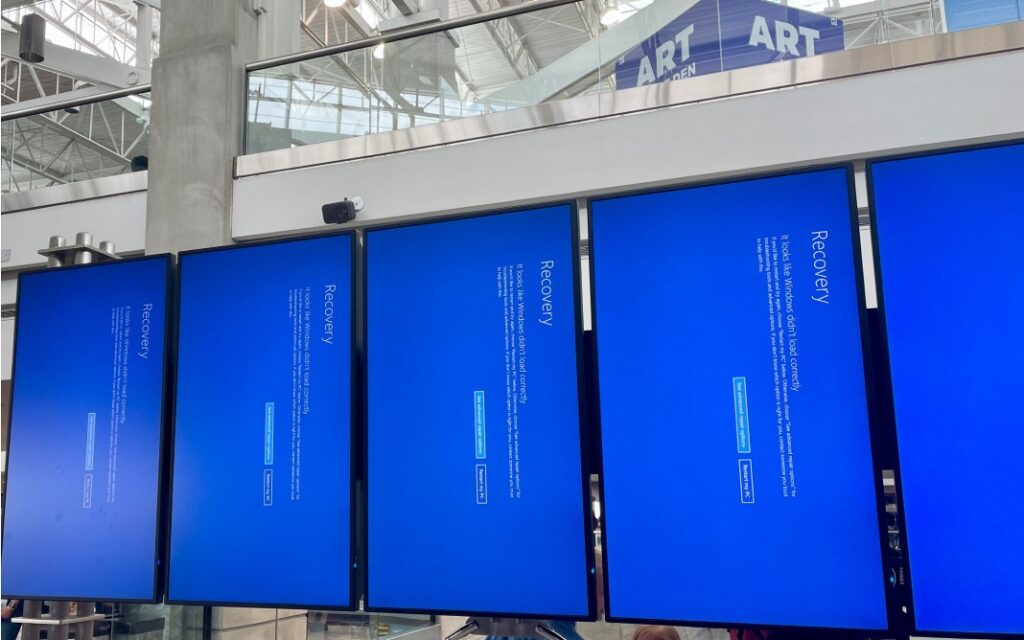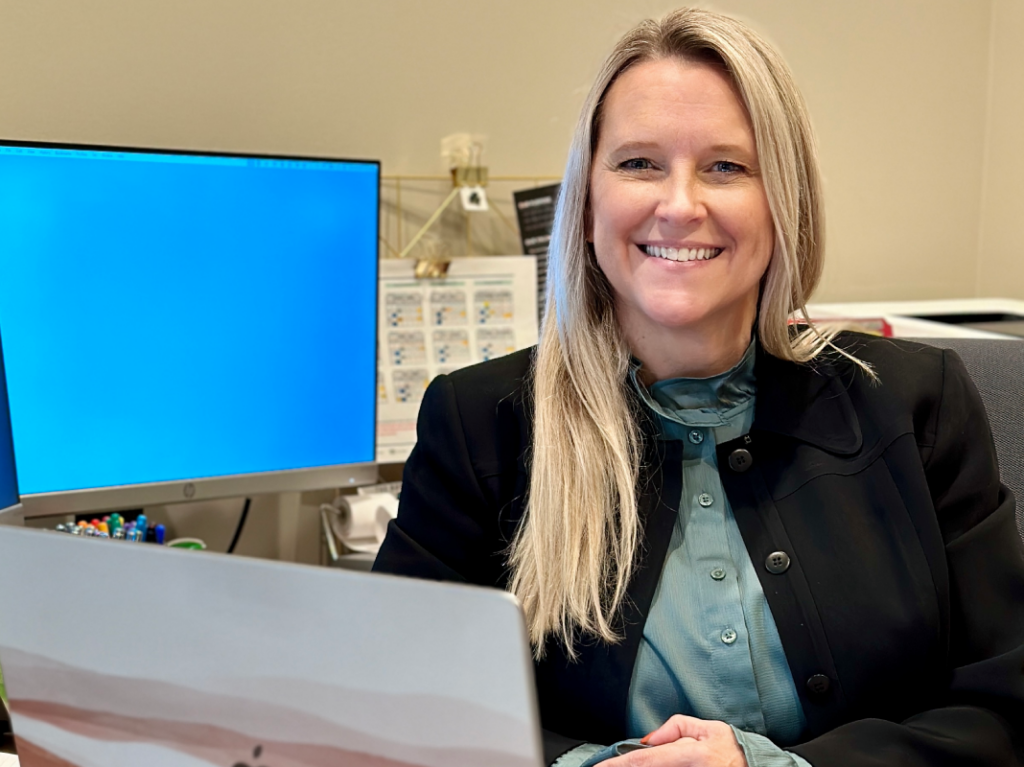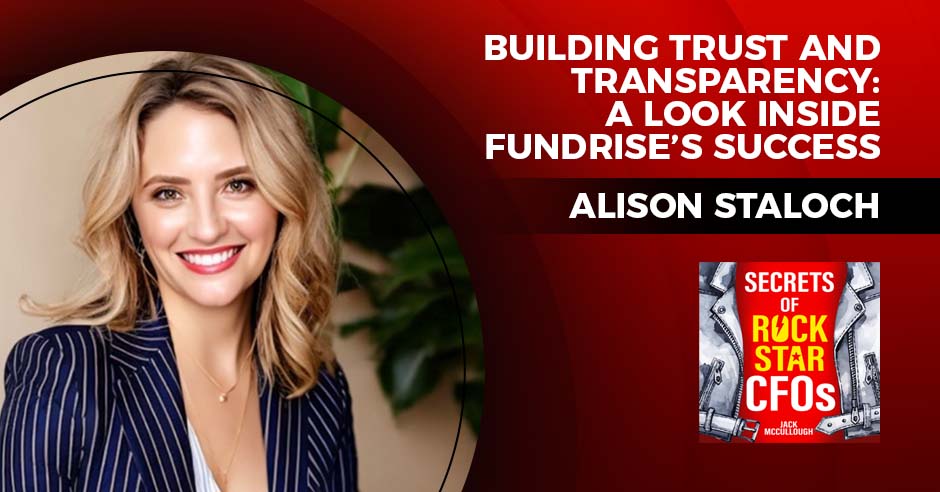The worlds of finance and technology are infamous for having very few women—especially women of color. When I began my career at Goldman Sachs back in the late 1990s, there was an immense lack of women in senior leadership roles: my business unit had only one female partner (only 12 firmwide) and two VPs, both of whom were lateral hires from other firms.
While representation has certainly improved from when I first started, women and minorities are still struggling to get the recognition they deserve, especially early on in their careers. Here are some key points of advice that I’ve learned over my 25-year career to assist aspiring female and minority professionals:
Be Your Biggest Advocate
A major challenge to being a woman in finance is that there are so many harmful stereotypes. When you’re an analyst, there are both overt and unconscious biases toward women: that women aren’t a natural fit for certain roles, that we aren’t as quantitative, tough or ambitious. The best way to disprove these stereotypes, especially when you’re more junior, is by putting out consistently high-quality work.
Even as a more senior woman, colleagues assume that you’re one of those nice, friendly people who isn’t a “fighter.” Or that you aren’t as career-driven—especially if you have children or a spouse who works. As a result, women need to actively advocate for themselves and be more vocal about wanting to get bigger jobs, promotions and pay raises.
Take a Positive Approach to Setbacks
We tend to be more afraid of failure than we need to be. I often tell women who are early on in their careers that now’s the ideal time to take risks and try things that are really hard. The cost of failing is much lower in the earlier parts of your career than it is down the line. Later in your career, there’ll be a lot more at stake; you might be running bigger teams or responsible for allocating more capital. So try to get as much learning as you can up front.
And, if you do fail, you just have to pick yourself up. The important thing is to treat every failure and setback as a learning experience. Looking back, there are times when I thought, “Wow, I just took a completely wrong turn.” And it wasn’t that I took a wrong turn. I just took a slightly different path. And it was a longer and harder path than the straightforward one.
But these experiences have always been enriching, so it’s crucial to have the perspective that it’s all just part of your growth. If you take that approach, it’s hard to stay discouraged.
Find a Mentor
Having mentors is critical, especially in larger organizations. That’s because you are limited in your knowledge and access to information; if you’re not in the “room where it happens,” you need someone on your side who is. I had the opportunity to take on many different roles at Goldman because I had managers and sponsors who put my name in the hat and advocated for me when new opportunities came up.
Mentors also provide candid feedback so that you can see your blind spots and address weaknesses (real and perceived). My mentor and mentee relationships have extended well beyond our time working together and, best of all, have evolved into lifelong friendships.
Sometimes, finding a mentor happens organically. Some firms will actually assign mentors and sponsors. Other times, it’s who you naturally gravitate toward. In my case, there were always people that I just admired. I’d be in a meeting with them and just think, “Wow, that person is so impressive or interesting or funny.”
Finding a mentor can also be as simple as finding someone who looks like you because, chances are, they can relate to your experience better. Also, don’t be afraid to just ask for a mentor, especially if you’re at a larger firm. If you want a mentor on a formal basis, talk to your manager or someone in HR, and ask them for a mentor.
Once you find a mentor, you have to maintain that relationship. It’s not the mentor’s responsibility to seek you out and give you guidance. The best ones will do that, but they’re often very busy. As a mentee, it’s up to you as well to stay in touch with your mentor and be proactive in managing that relationship.
Bring a Different Perspective
A key advantage of being a woman and a minority is that we bring a broader perspective. I always find it funny when you have men who are driving all the decisions because, if you think about the population and the end consumer, the world is over 50 percent female. So understanding the customer perspective, and even just thinking about things in a way that’s different, is helpful as a woman.
As a minority, I’ve also been able to bring an international perspective. I’ve often been the only person in the room who’ll remember that the United States is not the whole world. When you just think in terms of the U.S., you don’t understand the adaptability that’s required or the missing pieces that need to be filled. If you expand your lens a little bit more, you gain a crucial advantage.
I also think women overall tend to be a lot more empathetic and better listeners. This doesn’t apply to every woman, of course, but the ones who’ve survived over the long term tend to have those skills. And that’s true of a lot of minorities as well. So you read the room more easily, are more adept at driving a consensus, and can navigate nuanced or hairy situations better.
Conclusion
Women and minorities still face an uphill climb to succeed in the tech and finance industries. However, my career has taught me that the most difficult paths to success are often the most rewarding. I hope that my advice inspires young female and minority professionals to follow their passions and bring diverse new perspectives to industries that desperately need them.







